Bob Paisley was not a man accustomed to defeat.
As manager of Liverpool during the Reds' golden age of the 1970s and 80s, the Sunderland native guided his charges to six First Division titles and three European Cup triumphs in nine glorious years at the helm.
In December 1981, however, Paisley was forced to apologise for a humbling loss.
“We were a pub team,” he admitted after watching his reigning European champions routed 3-0 by Flamengo in the Intercontinental Cup in Tokyo.
Thirty eight years after that momentous clash, the two famous clubs meet again for the right to be named the best side on the planet – and it is unlikely that the Reds will take their Brazilian rivals so lightly this time around.
Paisley's frank summary of his players' efforts that day in Japan was confirmed to Brazilian daily Folha by several members of the Liverpool line-up.
In contrast to the meticulous preparations carried out by Flamengo in anticipation of that game, the Merseysiders, like many English sides past and present, took a lackadaisical approach to this meeting of two continents.
“Our preparations for the game were atrocious,” captain Phil Thompson confessed. “The feeling among us was that it was a friendly game. We never imagined Flamengo would take it so seriously. We were by far the best team in Europe.”
“The journey [to Japan] was a joke,” added former striker David Johnson. “These days, to make that kind of trip you travel almost in a moving hotel.
"When we went, we were sat down for 24 hours. What can you do in those circumstances? We drank beer and played cards.”
Less than ideal preparations aside, Liverpool still went into the game as overwhelming favourites.
Paisley's men had won three of the previous five European Cups, regaining the trophy in 1981 with a 1-0 victory over Real Madrid in Paris' Parc des Princes.
With stars like England goalkeeper Ray Clemence, Scottish idol Kenny Dalglish and outstanding defenders Thompson and Alan Hansen, the Reds – playing the Intercontinental Cup for the first time after dropping out in 1977 and 1978 – fancied their chances of becoming the first English side to take the title.
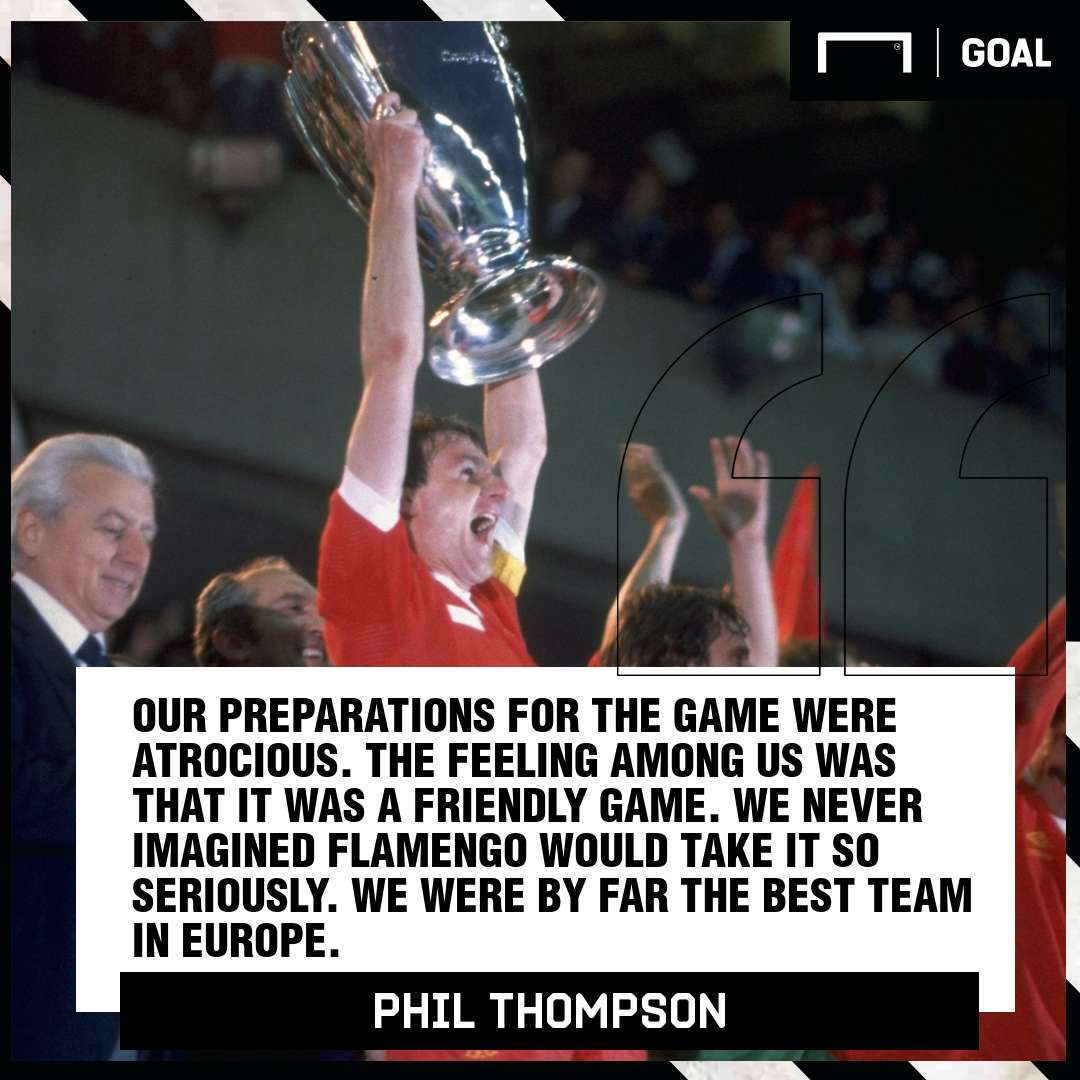 Getty/Goal
Getty/Goal
Flamengo, though, were no mugs.
Coached by former Brazil midfielder Paulo Cesar Carpegiani, who was just 31 at the time, the Rio side had overcome Chile's Cobreloa to win their first Copa Libertadores and the following year would provide no less than three members of the Selecao's unforgettable 1982 World Cup squad.
Defenders Junior and Leandro were formidable customers, but there was one undisputed star of the show.
At 28, the mercurial Zico was at the peak of his powers, smashing home 11 goals during Flamengo's Libertadores run, including both strikes to decide the final. Word of his talent had even spread to Anfield.
“We only knew one thing about Flamengo: Zico,” Thompson added to Folha. “He had great technique and was brilliant at free-kicks. After the 90 minutes, I had learned even more about Zico.”
Carpegiani had also done his homework on Liverpool, obtaining video tapes of their successful European Cup campaign. Flamengo's players, however, were rather non-plussed.
“I didn’t really care about that stuff. I just wanted to train and let the opponents worry about me,” Andrade recalled to the Guardian. “And I made sure they were worried about me.”
In any case, there was scant time to prepare: having won the Libertadores on November 23, the Brazilians had less than three weeks to get ready for the game at Tokyo's National Stadium.
Two years earlier, Japan had been electrified by the exploits of Diego Maradona, the teenage sensation who had led Argentina to victory in the Youth World Cup. The success of that tournament prompted a transformation in the Intercontinental Cup.
Previously played over two legs in South America and Europe – a format that provoked no end of logistical headaches and fears over safety in front of partisan crowds – Japanese car manufacturer Toyota took over sponsorship duties in 1980 with the proviso that the game be decided over a single match in Tokyo.
The inaugural clash saw Brian Clough's Nottingham Forest travel to Asia, where they were beaten 1-0 by Nacional in front of a 62,000-capacity crowd.
The venture had proved a hit, with Japanese fans forming a lasting bond with the South American game that continues to this day.
And, the following December, despite freezing conditions in the Japanese capital, the National Stadium was once more packed to the brim to welcome the two giants of the global game.
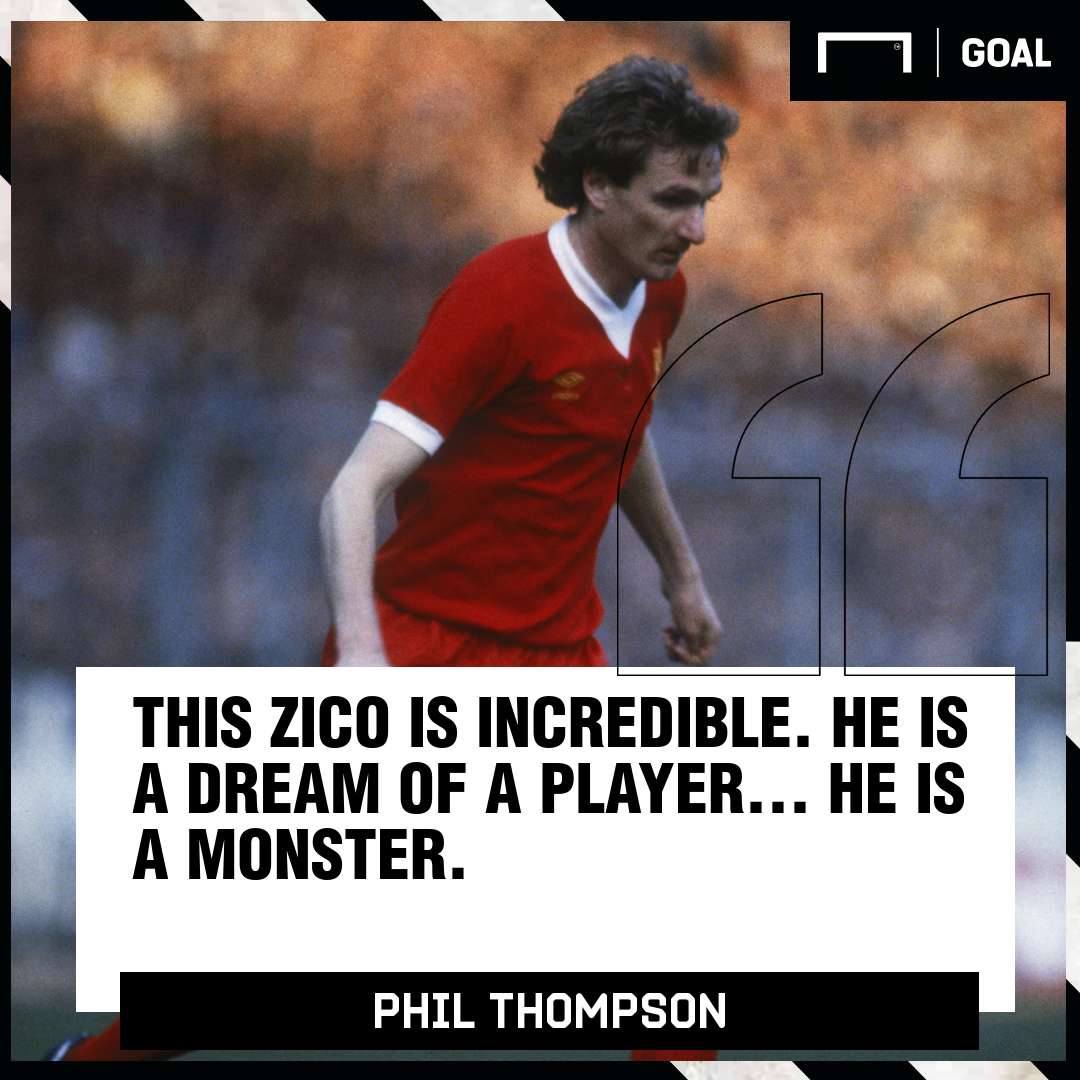 Getty/Goal
Getty/Goal
Those present were treated to a first-half masterclass from the Rio side as a groggy Liverpool were ripped to shreds.
Right from kick-off, as noted by Marcus Vinicius Bucar Nunes in his biography, Zico: A lesson in living, the Flamengo star had noticed that Thompson had been assigned to shadow his every move. He reacted by taking up a withdrawn role, luring the centre-half out of position.
“Nunes, you stay [forward] and I will remain in the back. Thompson is too close to me,” he instructed his forward partner. “Look for the holes.” The plan would not take long to bear fruit.
Just 12 minutes were on the clock when Zico, receiving the ball in midfield, played a majestic lofted pass that caught the Reds defence flat-footed. Nunes found himself clean through and finished with class past rookie keeper Bruce Grobbelaar to open the scoring.
Zico was also at the heart of Flamengo's next strike. Grobbelaar spilled a venomous free-kick from the No. 10 and, in the resulting melee, Adilio poked home.
With 41 minutes played, Liverpool's humiliation was complete. Nunes again found himself on the end of a marvellous Zico pass, darted through the line with razor-sharp accuracy, and made no mistake in beating the hapless Grobbelaar for Flamengo's third.
The second half saw Flamengo settle on their handsome lead, coasting to victory as Liverpool failed dismally to threaten a comeback. Long before the full-time whistle, the Japanese fans had ditched Liverpool and thrown their support behind Flamengo, fawning over the wizardly Zico as he made the Tokyo turf his own.
“We were dead, physically and mentally,” Paisley fumed to reporters after the game. “I have never seen them so dull, so lacking in ideas and aggression. I simply cannot understand it.”
Thompson, meanwhile, preferred to focus on his tormentor-in-chief: “This Zico is incredible. He is a dream of a player... He is a monster.”
In the Flamengo camp, meanwhile, amid wild celebrations among the newly crowned world champions, the idea was put to Zico that, thanks to his exploits for Flamengo, he was now the equal of Pele.
The No. 10 tried to put a stop to such talk: “There is no reason for me to be compared to Pele. He was the greatest... I am Zico, only Zico.”
For two-goal hero Nunes, however, there was no doubt who was behind this victory. “The star is Zico, I am only a scorer,” he told the media. “He makes the master moves and I just use my boot. That's it.”
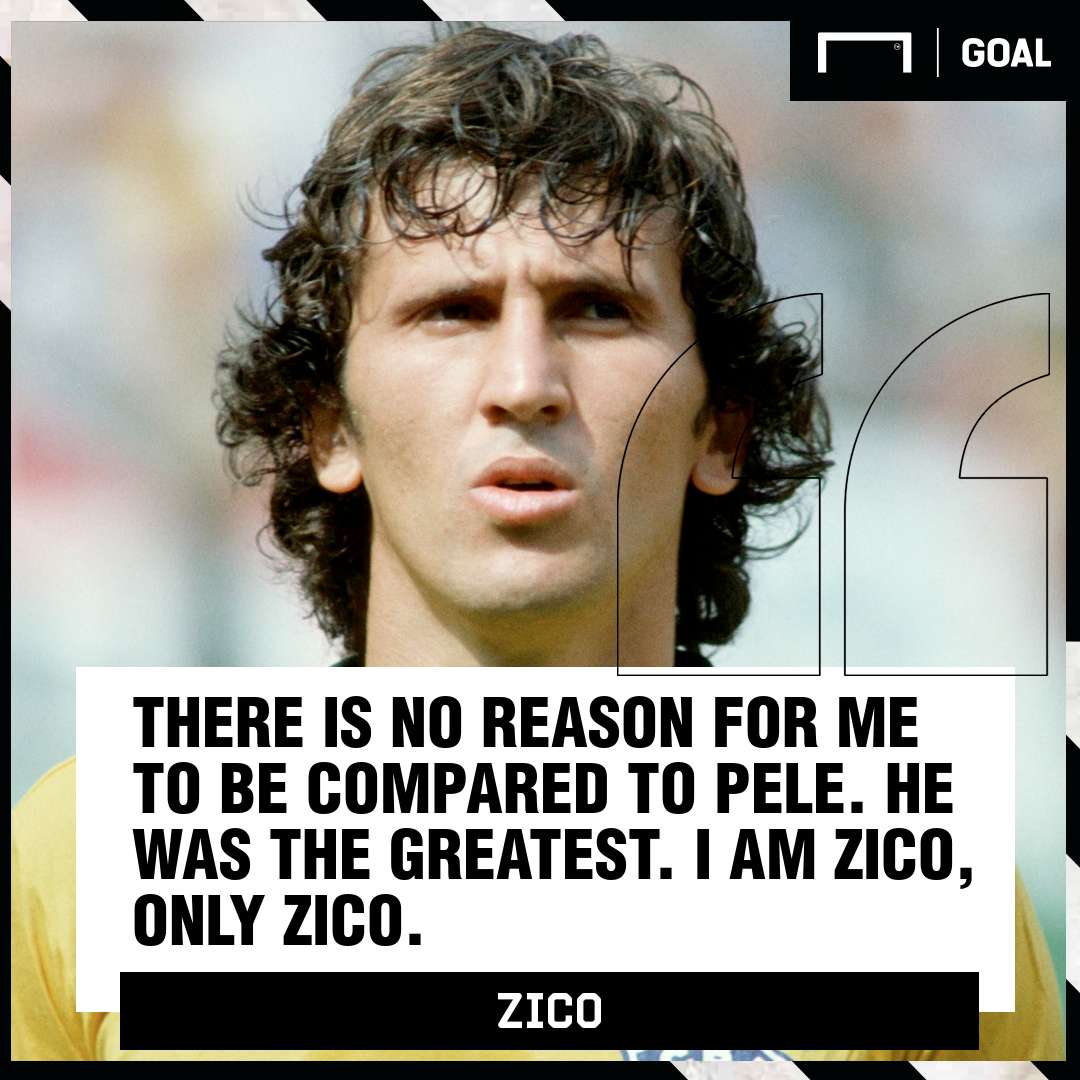
Almost 40 years later, two vehicles still stand as a testament to Flamengo's triumph.
Zico, as the Intercontinental Cup Man of the Match, and Nunes, its top scorer, were rewarded for their efforts with the prize of a Toyota Celica hatch-back, although bringing the cars back to Brazil posed its own challenge.
“It only arrived in April 1983 and I left [to play for Udinese] in June. I barely drove in it,” Zico recalled to Globo in 2011. “Later, I used that car a lot, I went all over the place. But now the old warrior is tired.
“I have received a few offers, but I haven't thought [of selling it]. I will treasure it forever, as a great memento of that game.”
Nunes, meanwhile, kept his Celica for a while before selling it to a neighbour, the vehicle ultimately ending up in the hands of collector and avid Flamengo fan Mauro Amenta. It now sits in Flamengo's Museum in Rio, a symbol of the club's greatest victory.
Much has changed since that freezing afternoon in Tokyo 38 years ago. The advent of technology and the globalisation of the game means that no longer are intercontinental games a step into the unknown: teams can call upon any number of tools to scout opponents the length and breadth of the globe.
That same global movement has also seen the distance between European and South American football grow ever wider, with Brazil's elite players choosing to pursue their best years across the Atlantic.
The Selecao's 2019 Copa America squad, to take just one example, featured two Liverpool stars among their ranks but not a single Flamengo player, while just three members played their club football locally.
In 2019, then, Flamengo start Saturday's Club World Cup final as even bigger underdogs than in their last meeting with the Reds, outgunned both in terms of quality on the pitch and financial muscle off it.
But Gabigol, Filipe Luis, Rafinha and the rest of the team will hope to channel the memory of Zico once they take the pitch in Doha, as Flamengo look to inflict another historic defeat upon their illustrious and heavily fancied rivals.
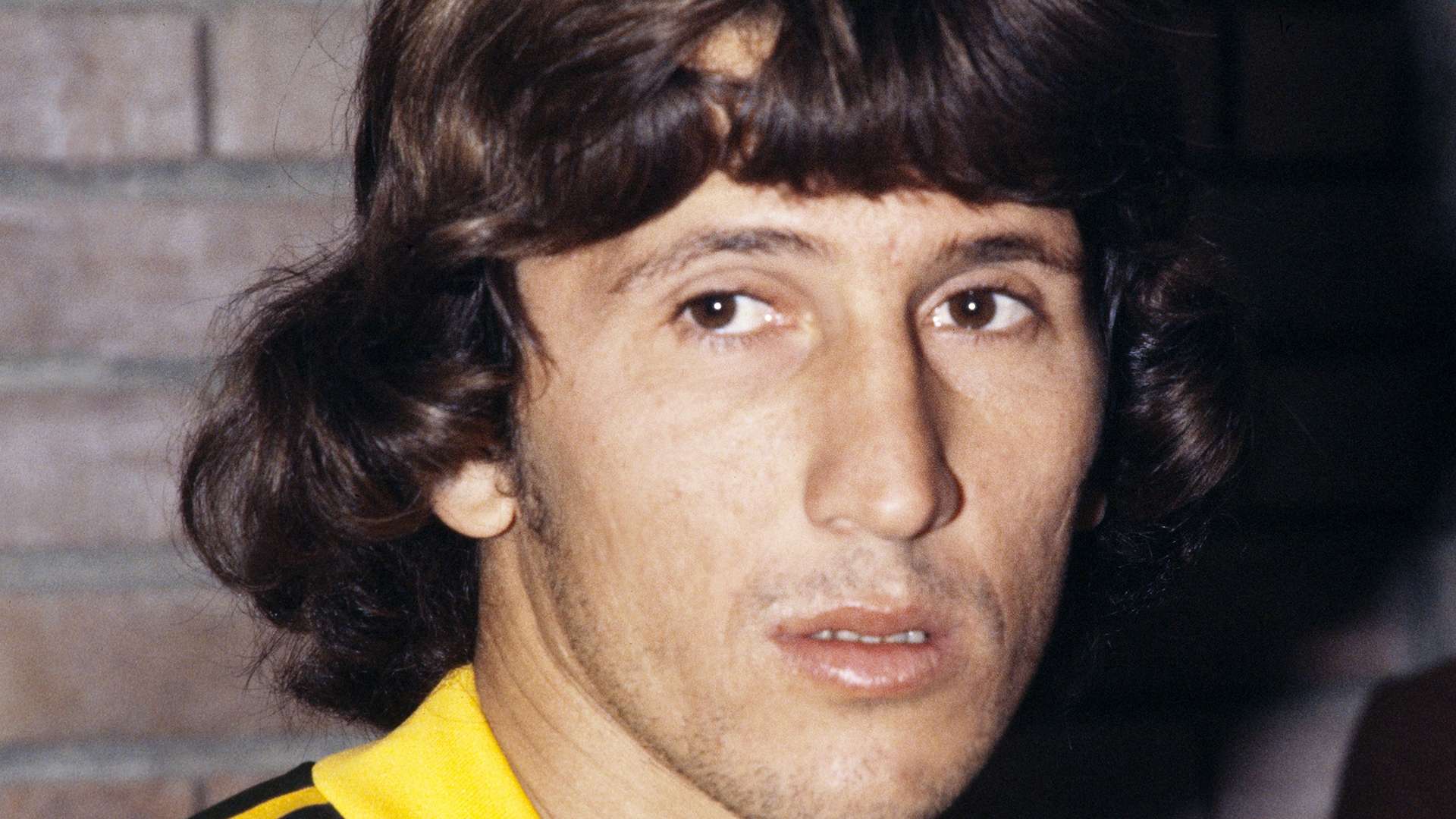




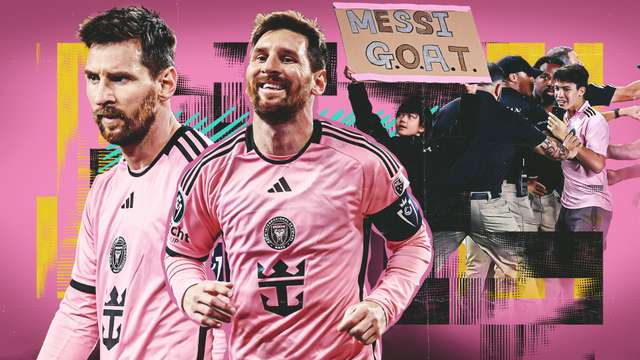
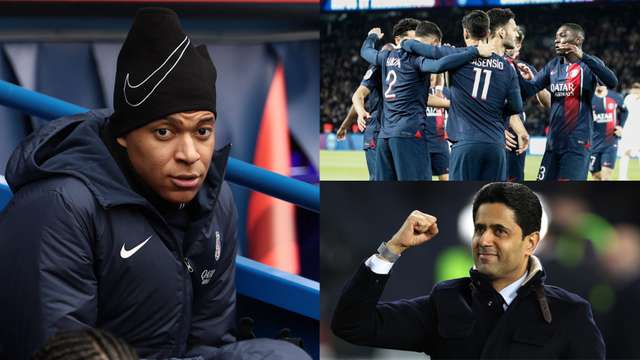
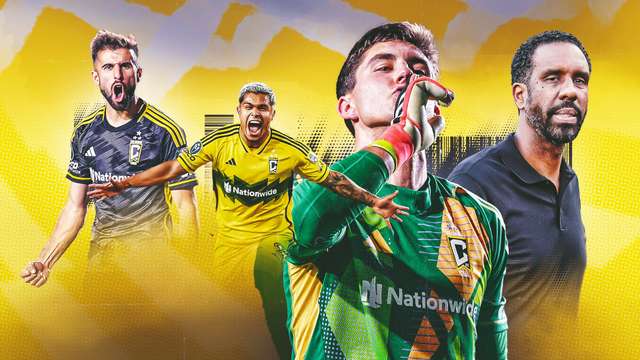
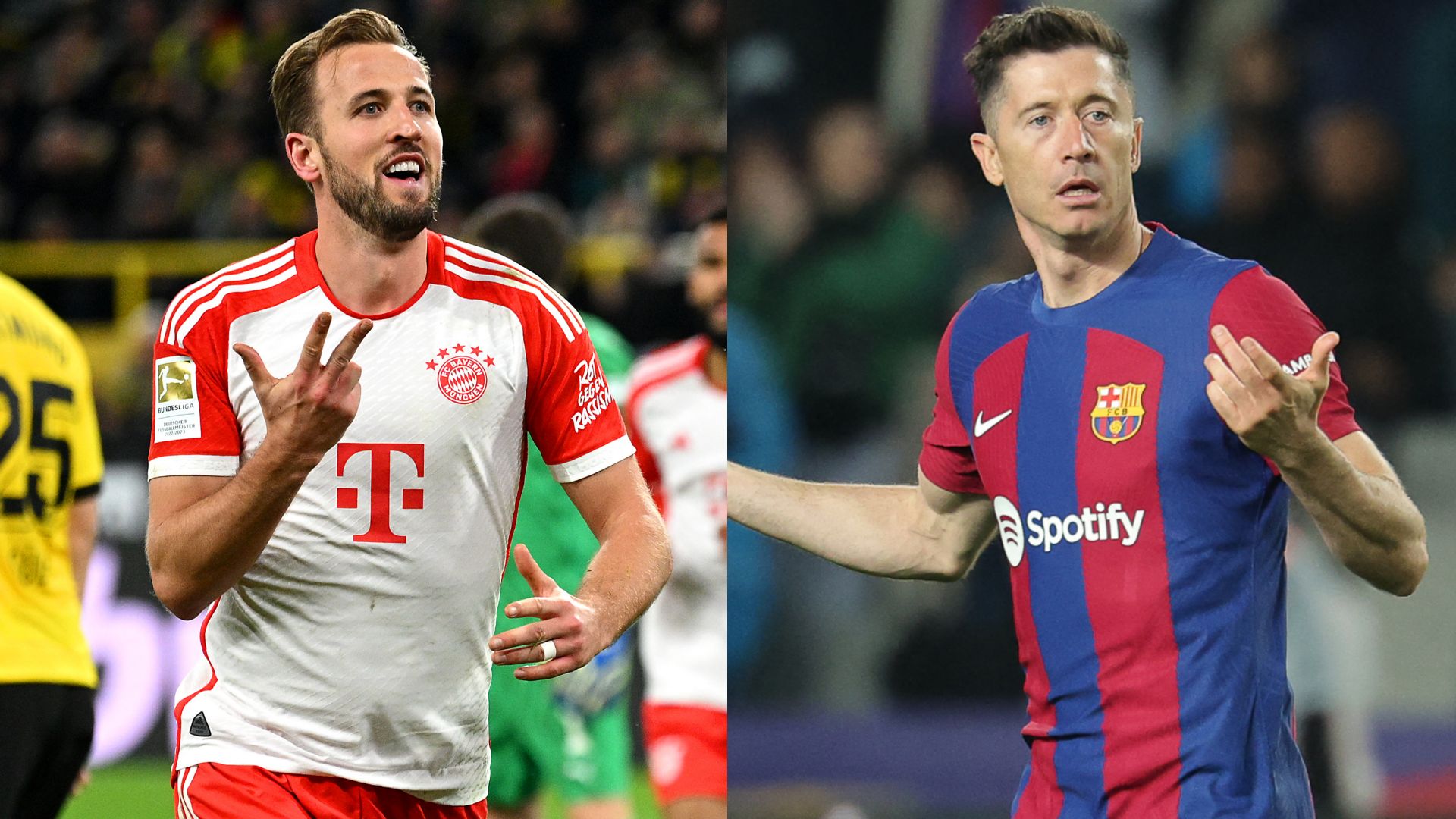.png?auto=webp&format=pjpg&width=640&quality=60)